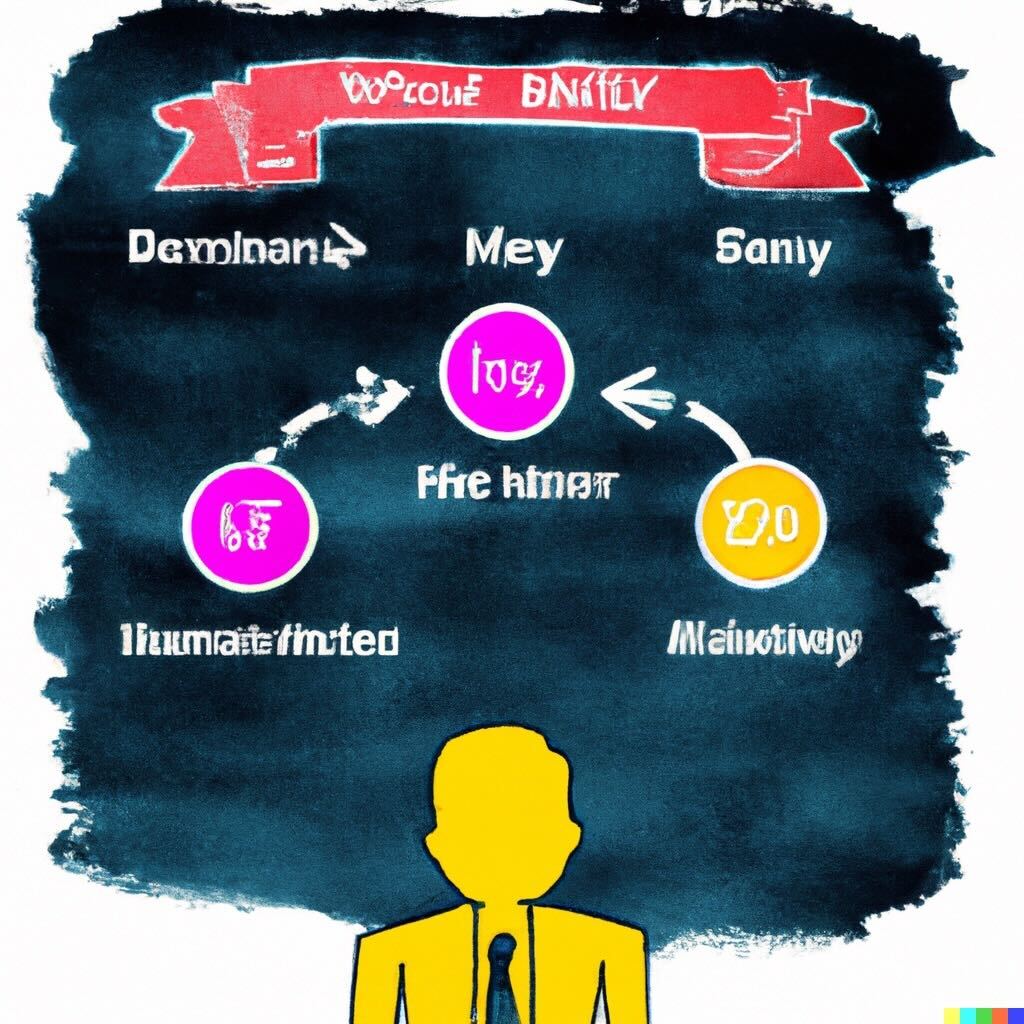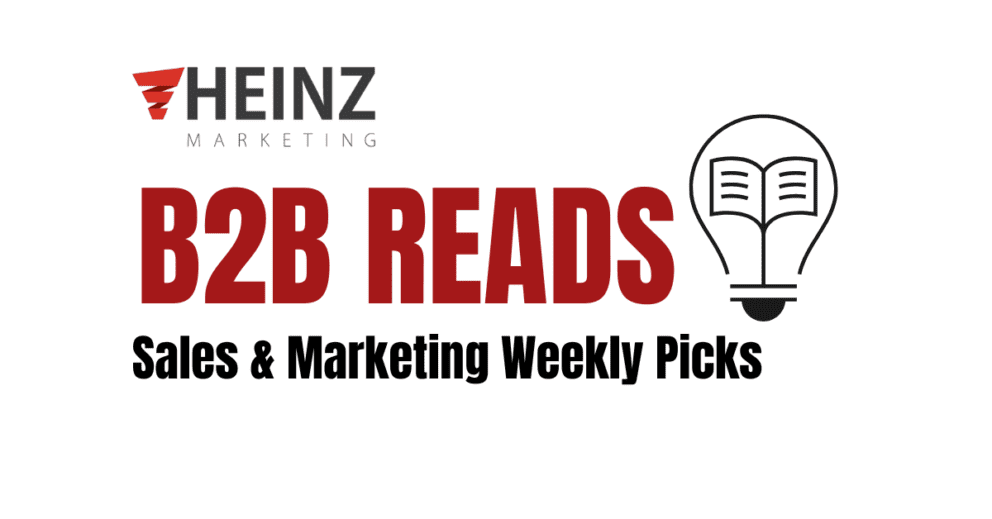Artificial Intelligence in Marketing: Benefits and Consequences

“By” W1n S4ly4rds, Senior Marketing Consultant at Heinz Marketing
Note: AI tools have completely written, edited, and designed this blog post.
We are now in the age where Artificial Intelligence (AI) is no longer a thing of fiction but reality. It has changed the way we live, work and play. With its rapid developments, it was inevitable for AI to make its way into marketing. After all, marketing involves a lot of data collection and analysis, which is Artificial Intelligence’s forte.
There are many potential benefits of using AI in marketing. It can help create more personalized customer experiences, automate repetitive tasks, and free up time for marketers to be more creative. However, as with any new technology, some risks and drawbacks are associated with Artificial Intelligence in marketing. For example, AI may lead to increased surveillance of consumers, more cyber attacks, and job losses. This article will explore the use cases of Artificial Intelligence in marketing, its benefits and risks, and how companies use it today.
What is Artificial Intelligence?
Artificial intelligence (AI) is a branch of computer science that focuses on creating intelligent machines that can work and react like humans. Some examples of AI in marketing include predictive analytics, chatbots, and virtual assistants.
Predictive analytics is a form of AI that uses historical data to predict future outcomes. This type of AI can be used to identify trends and make recommendations for future marketing campaigns.
Chatbots are computer programs that mimic human conversation. They are commonly used to provide customer service or lead generation. Virtual assistants are similar to chatbots, but they are designed to perform tasks for humans, such as scheduling appointments or sending emails.
What are the pros and cons of AI in marketing?
Pros:
– Artificial intelligence can help you automate repetitive tasks to focus on more creative work.
– AI can help you target your audience more effectively by providing insights into their behavior and preferences.
– Artificial intelligence can improve the effectiveness of your marketing campaigns by personalizing messages and content.
Cons:
– Artificial intelligence can be expensive to implement and maintain.
– You may need to hire specialized staff to manage your AI-powered marketing campaigns.
– There is a risk that your AI-powered marketing campaigns will not be effective if they are not well-designed and executed.
Some benefits marketers can expect from AI are increased efficiency, better customer insights and segmentation, and more personalized content. However, some consequences of marketing include job losses, privacy concerns, and ethical implications.
All in all, AI is a double-edged sword. Marketers should know both the advantages and disadvantages of using AI in marketing before implementing it in their campaigns.
What do you think? Is AI a friend or foe of marketing? Let us know in the comments below!






